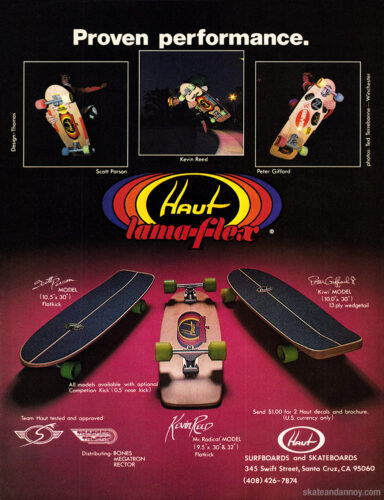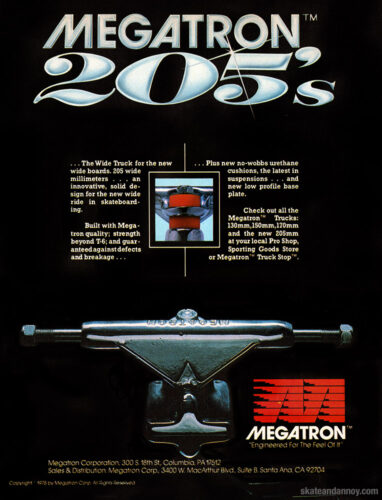
100% Recycled Plastic Open Source Skateboard Decks
Sustainability in skateboard manufacturing has to be tackled by the skateboard industry at some point. Bamboo, hemp, whatever… There’s a Kickstarter campaign running right now for a process to make skateboards out of 100% recycled plastic. It’s a little different than most kickstarters, this entire project is open source, and the campaign is essentially just trying to raise money to prepare proper documentation to release in the public domain, allowing anybody the chance to replicate what Jason Knight has done.
The process is built on the back of another open source project called Precious Plastic whose goal is to create a network of DIY and small business plastic recyclers. There are plans and instructional videos for building shredders for reclaiming plastic and extruders for making things with recycled plastic. So there is overlap with the exiting project, but Knigh’s kickstarter project would produce skateboard specific instructions and would include:
- 3D models
- Engineering drawings
- Electronics schematics
- Assembly guide
- Build video
- Usage video
- Technical data sheets
- Bill of materials

Some deck mold pictures.


How do they look? From the distance, these have the appearance of a stained wood skateboard.



How do they perform? Knight makes task about the desire to eclipse the “Pennyboard” style plastic cruisers and make something that can actually be used for modern skateboarding. In many ways they behave much like a traditional skateboard, but the creator admits there are some differences. The boards are flexible. This is evident in the screen grab below. There is a distinctly noticeable lengthwise flex. If we’re going to be honest, this is the single factor that will be the greatest hurdle to widespread adoption. In the oder era, skateboarders are notoriously resistant to changes in manufacturing technologies, and most will not accept anything that does not have the same performance characteristics that a traditional board has.

The board on the left (below) shows typical wear and tear on a deck, possibly the kind of thing that would leave a traditional deck chipped and delaminating. In theory I suppose it is possible to recycle one of these decks to make another one, a true Phoenix rising out of the ashes situation. Plus, thank of the money you’ll save on rails and NOS everslick decks….

Kickstarter projects come in a couple different flavors. Most technology-based project are aimed at getting the project off the ground for long term production and evolution. Perks are often designed to give the backers a better deal (real or perceived) than the eventual retail price. This particular Kickstarter doesn’t really do that. The end goal isn’t to produce a product. For about $131 you can get a deck, a mini skate tool, your URL advertising whatever you want, and a 6 month head start on access to all the files. You’re not really buying a product, you’re instead helping to pay a guy to collect, organize and disseminate information.

It’s highly unlikely this technology going to replace the million of skateboards used and destroyed by typical skateboarders? However, that doesn’t men there is no place for it, especially in underdeveloped countries where the cost of skateboards are prohibitive. Let’s face it, the entire world is filled with plastic litter, so the raw materials will not be difficult to come by. This application is perfect for a population of skateboards that is hungry for reasonably priced equipment and does not have the traditional skateboarder’s hangups about branding, street cred, pro models, mall grabs, etc… There’s also the possibility that the board could be made more rigid, maybe through beams that were briefly popular in the late 70’s or by embedding some other material that has yet to be investigated.
It’s not clear what will happen if the goal isn’t met. Maybe the files will still be made available to the public at some point, but Jason won’t have the luxury of being able to concentrate solely on them. Time is running out for this project, but if you want to be a part of this particular solution you can still back it as of the time of publication.









